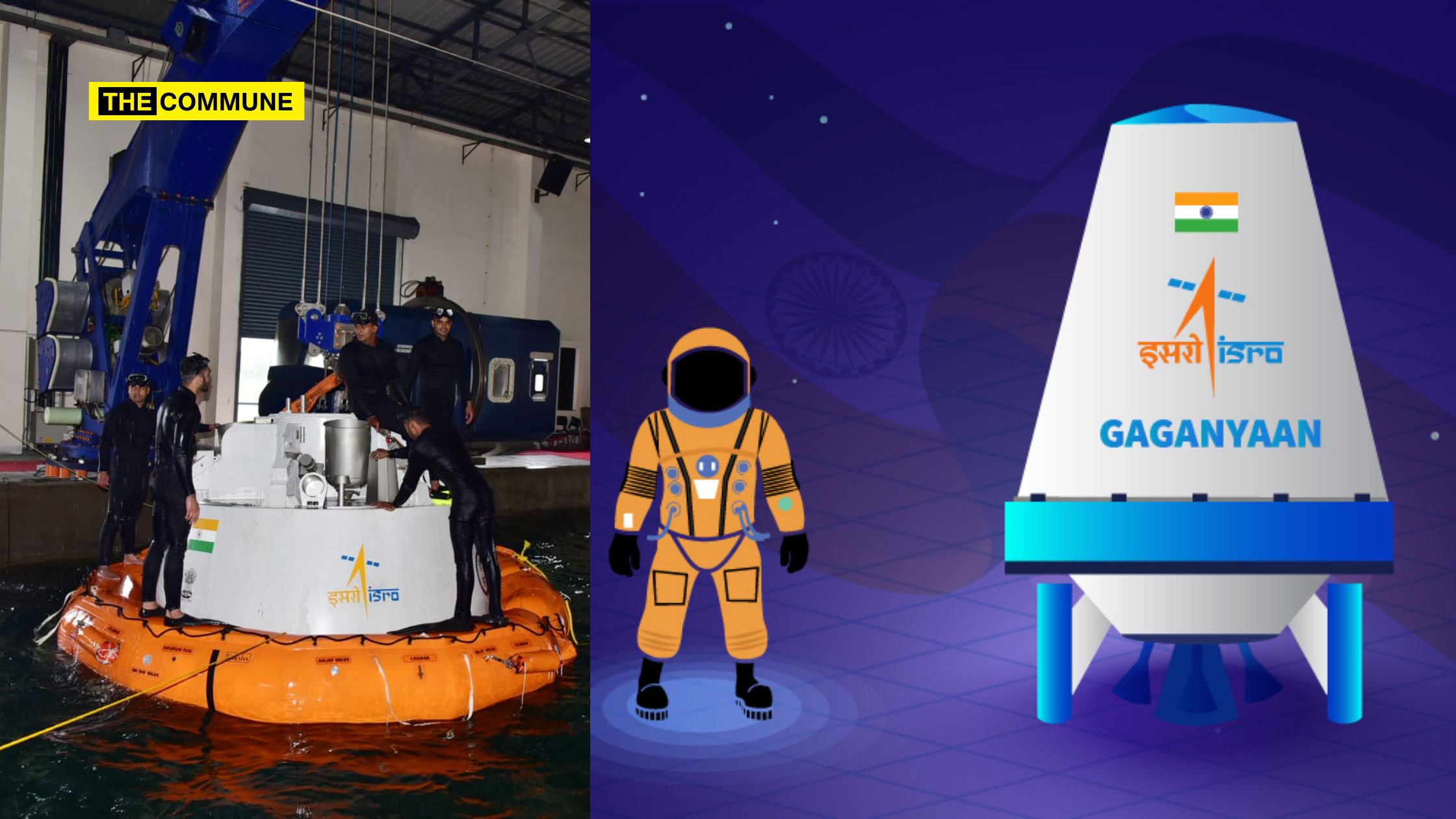
The first batch of crew recovery team of Mission Gaganyaan completed Phase-1 of training at Indian Navy’s Water Survival Training Facility (WSTF) at Kochi.
Utilising the state of the art facility, the team comprising of Indian Naval Divers and Marine Commandos underwent recovery training of crew module in varied sea conditions.
The two weeks training capsule covered a brief on the conduct of the mission, actions to be taken during medical exigencies and familiarisation with different aircraft and their rescue equipment. The training also validated the SOPs formulated jointly by the Indian Navy and ISRO. On the concluding day, Dr. Mohan M, Director of Human Space Flight Centre, ISRO witnessed the recovery demonstration and interacted with the team.
The team trained at WSTF will now be involved in recovery of test launches planned by ISRO in the forthcoming months.
The Gaganyaan project aims to showcase the ability to send a crew of three members into space, orbiting at an altitude of 400 km for a duration of three days, and safely returning them to Earth by landing in the waters of the Indian Ocean.
This ambitious project relies on a comprehensive approach that combines the expertise and experience of Indian industry, the intellectual capabilities of academic and research institutions in India, and the advanced technologies available from international agencies. Several critical technologies need to be developed as prerequisites for the Gaganyaan mission.
These technologies include a launch vehicle capable of carrying crew safely to space, a Life Support System to maintain a habitable environment for the crew in space, provisions for emergency crew escape, and the development of crew management aspects for training, recovery, and rehabilitation of the crew.
Prior to the actual Human Space Flight mission, several precursor missions are planned to demonstrate the preparedness of the technology involved. These precursor missions include the Integrated Air Drop Test (IADT), Pad Abort Test (PAT), and Test Vehicle (TV) flights. Unmanned missions will be carried out before the manned mission to ensure the safety and reliability of all systems.
(With inputs from PIB)
Click here to subscribe to The Commune on Telegram and get the best stories of the day delivered to you personally.




